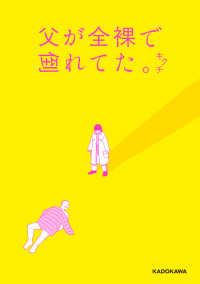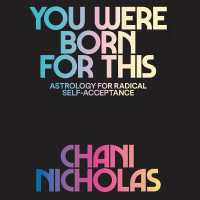Description
Edited by Peter Hunt, a leading figure in the field, this book introduces the study of children’s literature, addressing theoretical questions as well as the most relevant critical approaches to the discipline.
The fourteen chapters draw on insights from academic disciplines ranging from cultural and literary studies to education and psychology, and include an essay on what writers for children think about their craft. The result is a fascinating array of perspectives on key topics in children’s literature as well as an introduction to such diverse concerns as literacy, ideology, stylistics, feminism, history, culture and bibliotherapy.
An extensive general bibliography is complemented by lists of further reading for each chapter and a glossary defines critical and technical terms, making the book accessible for those coming to the field or to a particular approach for the first time.
In this second edition there are four entirely new chapters; contributors have revisited and revised or rewritten seven of the chapters to reflect new thinking, while the remaining three are classic essays, widely acknowledged to be definitive.
Understanding Children’s Literature will not only be an invaluable guide for students of literature or education, but it will also inform and enrich the practice of teachers and librarians.
Table of Contents
Chapter 1 Introduction, Peter Hunt; Chapter 2 Theorising and theories, David Rudd; Chapter 3 Critical tradition and ideological positioning, Charles Sarland; Chapter 4 Space, history and culture, Tony Watkins; Chapter 5 Analysing texts, John Stephens; Chapter 6 Readers, texts, contexts, Michael Benton; Chapter 7 Reading the unconscious, Hamida Bosmajian; Chapter 8 Feminism revisited, Lissa Paul; Chapter 9 Decoding the images, Perry Nodelman; Chapter 10 Bibliography, Matthew Grenby; Chapter 11 Understanding reading and literacy, Sally Yates; Chapter 12 Intertextuality and the child reader, Christine Wilkie-Stibbs; Chapter 13 Healing texts, Hugh Crago; Chapter 14 What the authors tell us, Peter Hunt;







